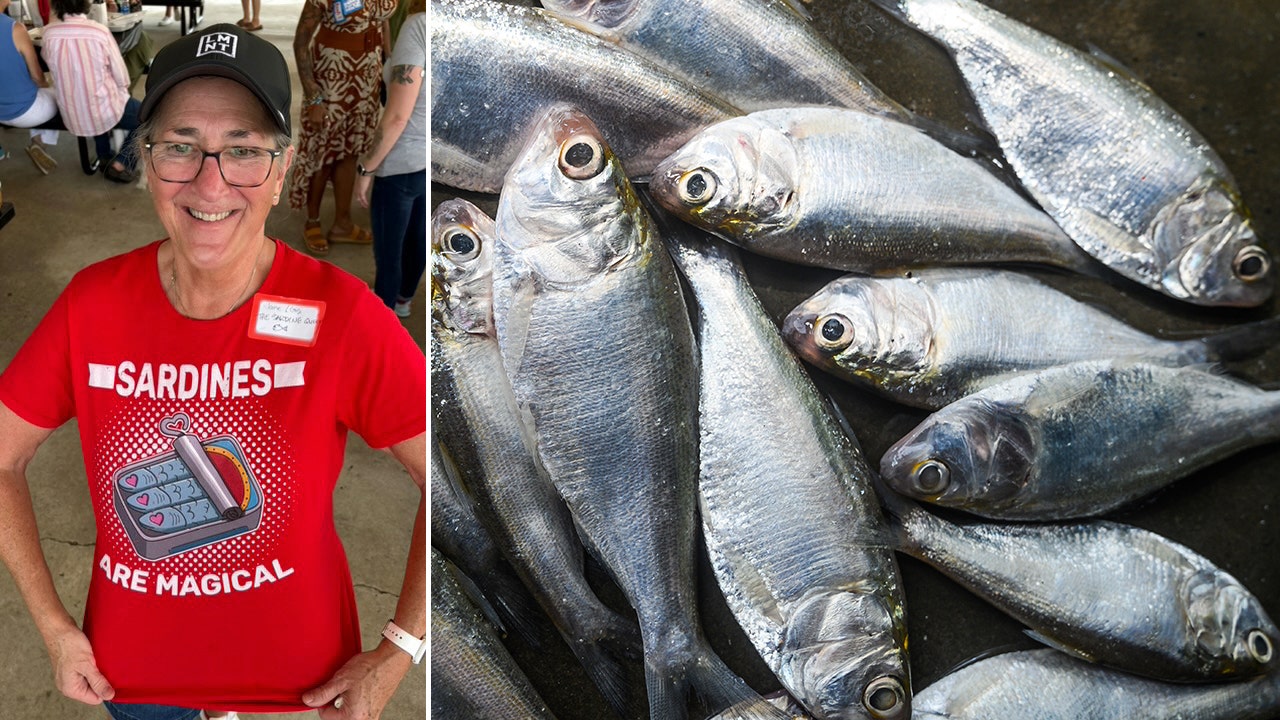The concept of dieting is no stranger to any health-conscious individual. However, unlike the usual low-carb or high-protein diets, an exceptional case emerged from North Carolina. Jane Crummett, a woman from Mint Hill, switched to a diet solely consisting of sardines for three consecutive months and the impact, as she claims, has been life-changing.
Crummett doesn’t consider her approach as a diet, which typically has a start and an end. Instead, she treats it as a permanent lifestyle change. She has adopted what she terms as a ‘zero carb/carnivore’ way of eating, devoid of any carbohydrates and dairy products, the latter which she perceives as inflammatory to the body.
In her day-to-day routine, Crummett would typically consume four cans of sardines complemented by MCT oil. MCT oil or medium-chain triglycerides is a type of fat that is easily processed by the body, promoting the feeling of fullness while also providing a source of energy. Within three months of following this unusual regime, Crummett found that she had lost 35 pounds.
Along with weight loss, Crummett sees a multitude of health benefits, stating, “My pain has resolved.” She had been previously struggling with plantar fasciitis, a foot condition. According to her, the inflammation which she presumably had also seems to have decreased. Despite such an extreme dietary routine, Crummett emphasized that she enjoys good overall health, ensures regular check-ups, and keeps monitoring various health parameters.
The experimentation led by Crummett is intended to serve as a stepping-stone for her to reintroduce meat into her diet, under the guidance and monitoring of a professional doctor. She expressed her future plans of incorporating a more diverse diet. “My plan is to eat sardines with two tablespoons of MCT oil for breakfast and then will introduce about three ounces of beef with beef drippings for lunch, then sardines for dinner”, she said.
Although universally claimed as beneficial, omega-3 fatty acids have been the reason behind some raised eyebrows especially regarding Crummett’s diet. Concerns were brought forth by dietitian Kim Shapira, founder of the Kim Shapira Method and author of the book “This is What You’re Really Hungry For.” Shapira acknowledges the benefits of omega-3 fatty acids but underscores that they should form part of a balanced diet.
The dietitian views Crummett’s choice of a zero-carb diet as “not a sustainable way to live.” Instead, Shapira recommends a Mediterranean-type diet, which strives to strike a balance across all food types. Shapira cautions against extreme weight-loss methods that lead to water loss instead of fat loss, like low-carb diets. She suggests a holistic approach centered around an overall lifestyle change, better eating habits, regular exercise, ample sleep, and adequate water intake.
In conclusion, while diet trends may offer rapid changes, their sustainability and long-term impacts on health are pertinent issues to consider. Before buckling down on a restrictive diet, individuals should consult with medical professionals to ensure that they are making the right choices and before partaking any drastic dietary changes that could potentially lead to bigger issues in the future.




